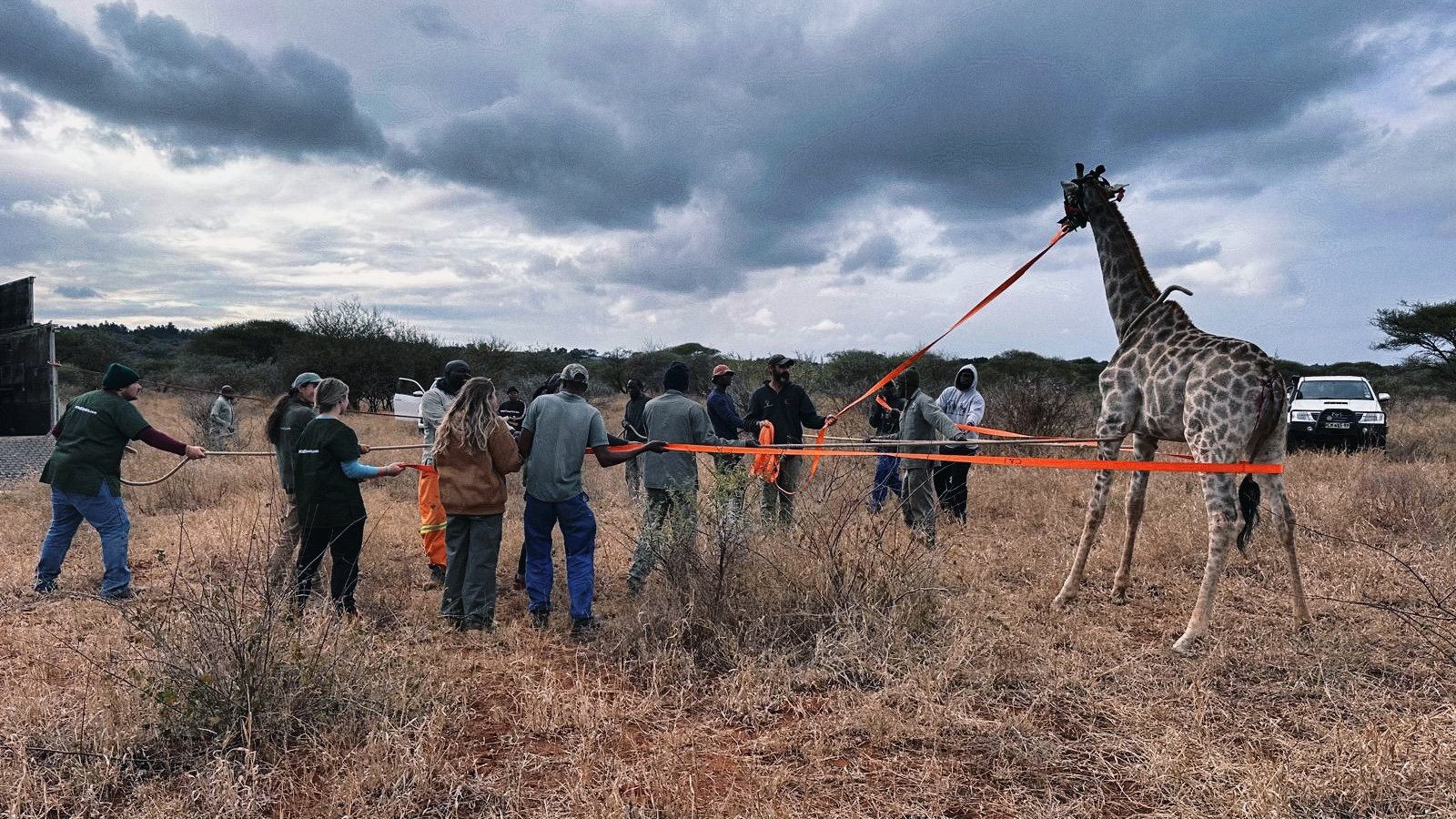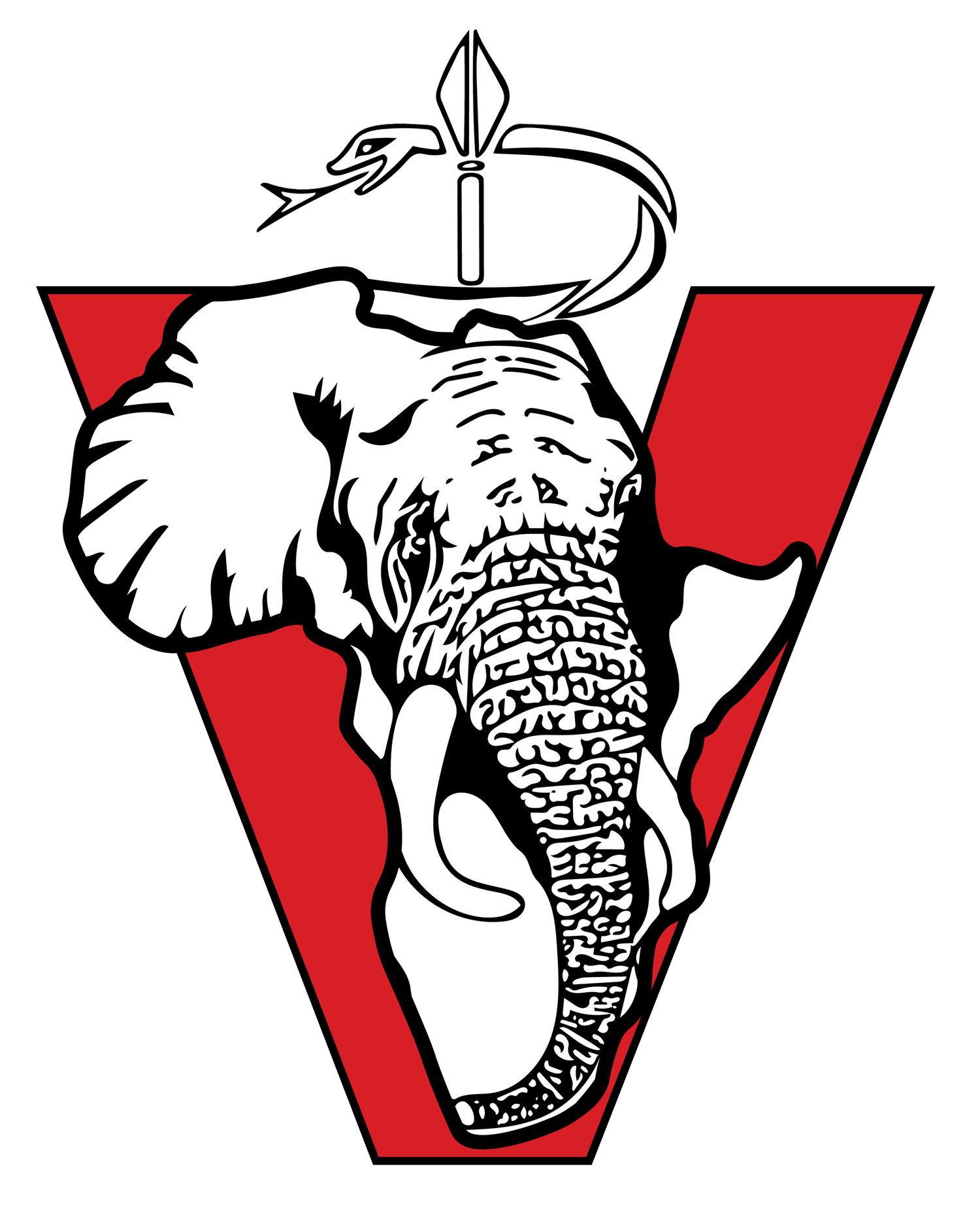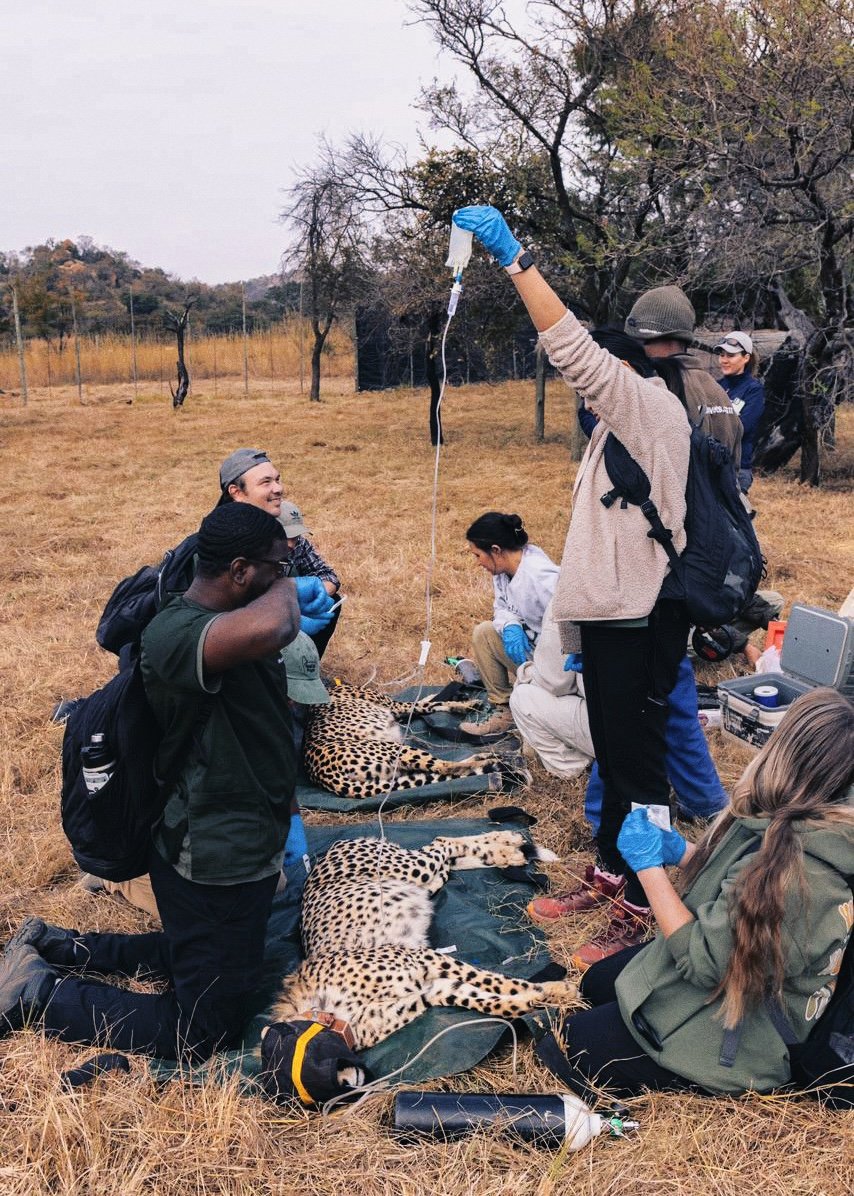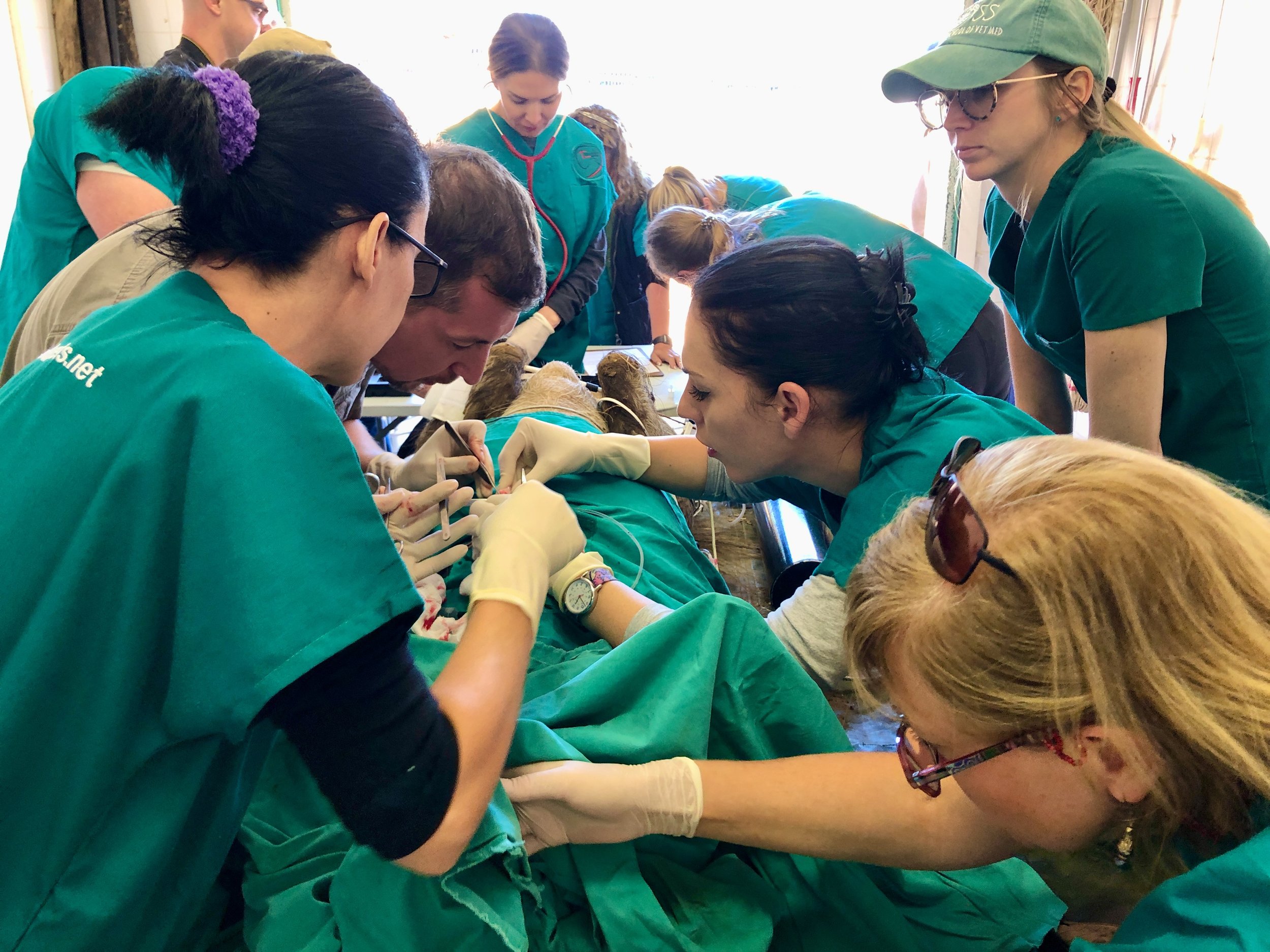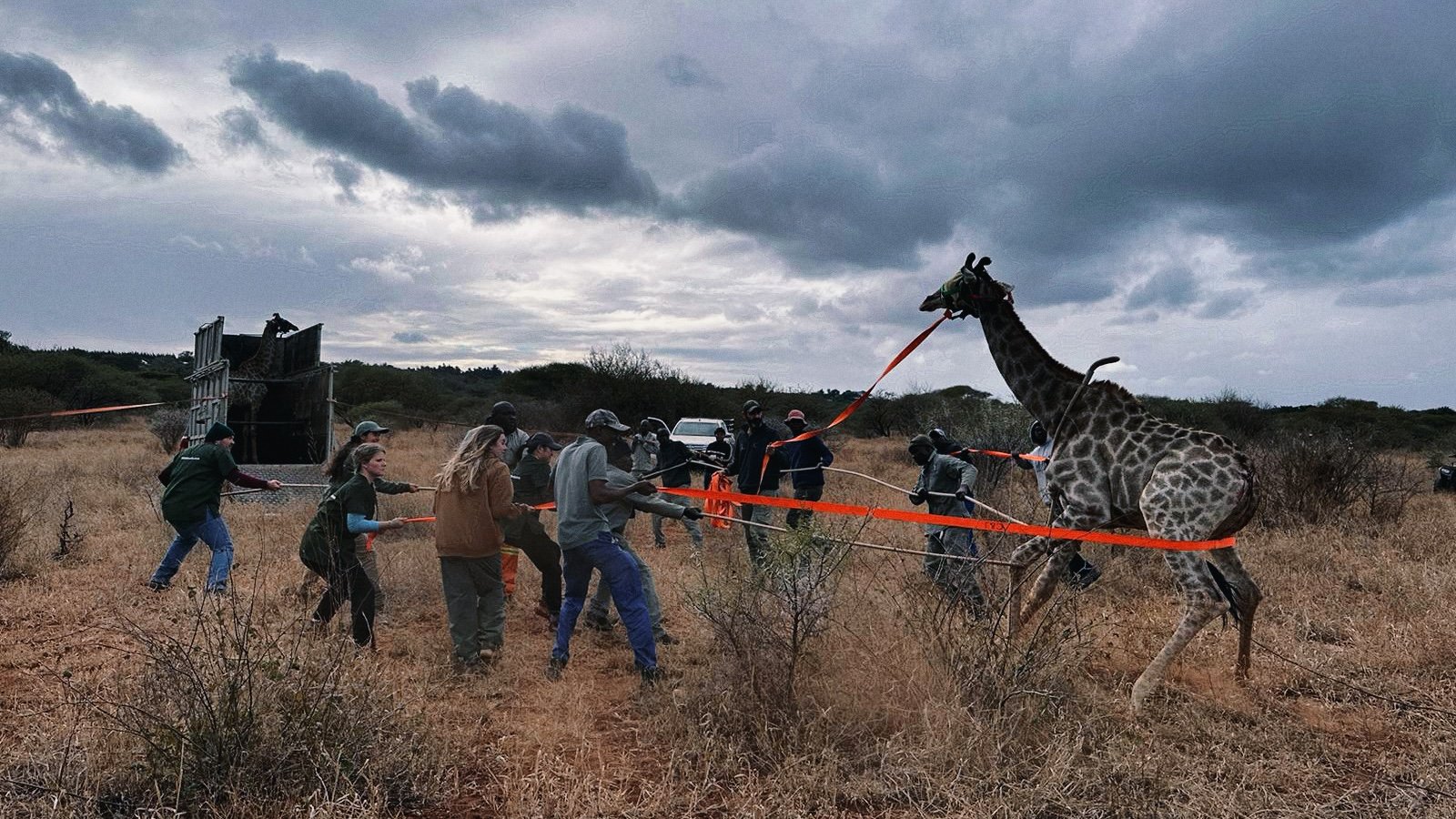
Empowering Vets, Preserving Wildlife for Future Generations
Wildlifevets.com is dedicated to providing our local and international clients with the highest service excellence. Having many decades of experience in game capture and wildlife veterinary practices, we are confident that our expertise can satisfy any client’s needs. Our team and equipment enable us to take on any wildlife-related projects, and we are involved in ongoing conservation programs that have spanned several years.
We aim to be leaders in the wildlife industry and implement practices and methods that we envisage becoming the standard in the future.
The practice is situated outside Mbombela, in the eastern part of Mpumalanga Province, South Africa. It is in proximity to Kruger National Park, Swaziland, and Mozambique. It is situated on a small game farm but is part of a much greater Conservancy. It creates a beautiful environment for training students in wildlife medicine. We also have a lab and a postmortem facility on site. Students travel with us wherever we work in South Africa and nearby countries. We have our own relocation vehicles, ambulatory vehicles, and specialized equipment. Through our Technology Transfer Section, we offer various activities: Courses, Externships, Research (e.g., for Masters and PhD programs)
INTRODUCTION TO CONSERVATION MEDICINE
This is a two-week course designed exclusively for veterinary students. Each course has a maximum of 12 students. You will join the veterinary and game capture teams on call-outs, and we aim to provide you with the best practical opportunities to participate in all procedures.
INTERNSHIP PROGRAM
The internship program is a 27-day course that is available throughout the year, except for January and February. As an intern, you will join the veterinary and capture teams on every call-out, regardless of whether it's day or night. You will be fully integrated into the team and gain hands-on experience in all aspects of a wildlife veterinary practice in South Africa. The internship period coincides with the Introduction to Conservation Medicine Courses, and you will also be part of the "Instructors Team" to help facilitate the student programs.
COMMUNITY STUDENT PROGRAM
During the summer, when wildlife work is restricted to emergency situations due to high temperatures and rainfall, the focus often shifts toward community projects and activities. These may include providing veterinary services, clinical medical assistance, investigating and controlling diseases, preparing management plans for implementation and monitoring, and the One Health Program for all our adjacent interfaces.
ZOO, EXOTICS AND WILDLIFE ANAESTHESIA COURSE
The main objective of this course is to teach the fundamental principles and philosophy of immobilization, anesthesia, monitoring, and recovery of different species in captivity. The course includes practical, hands-on training in the immobilization of various species, which may include but are not limited to feline, ruminant (buffalo), carnivores, large game (giraffe/elephant/rhino), equine (zebra, antelope), primates, birds, reptiles, fish, and smaller wildlife species. The selection of species will depend on the specific needs of the zoo or wildlife establishment.
“The Wildlifevets.com course changed my life. I found my passion and love for wildlife conservation and medicine through this course and learned from the very best in the industry. I’ve spent several years working alongside many of their vets and their incredible team which has been a dream come true. I will forever be grateful for the knowledge, experiences, friendships and personal growth I’ve experienced through Wildlifevets.com”
— Dr Kelly Zier DVM
